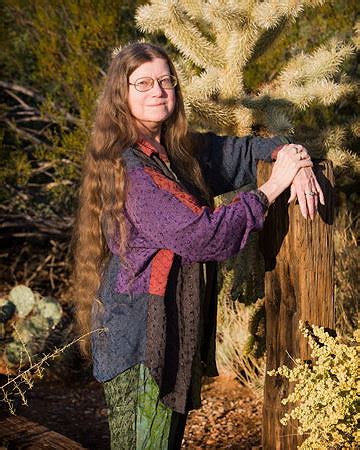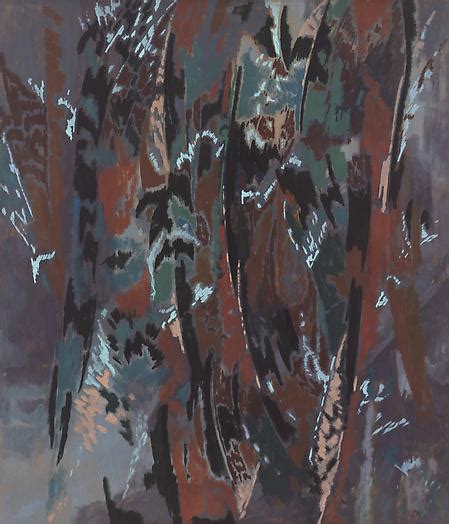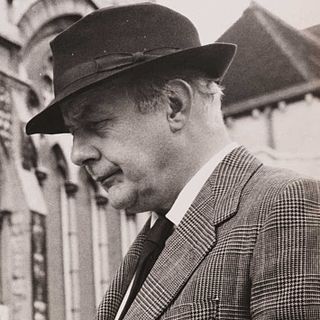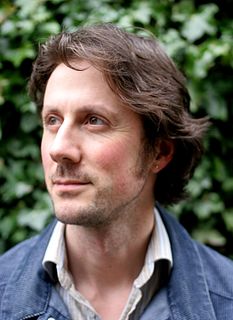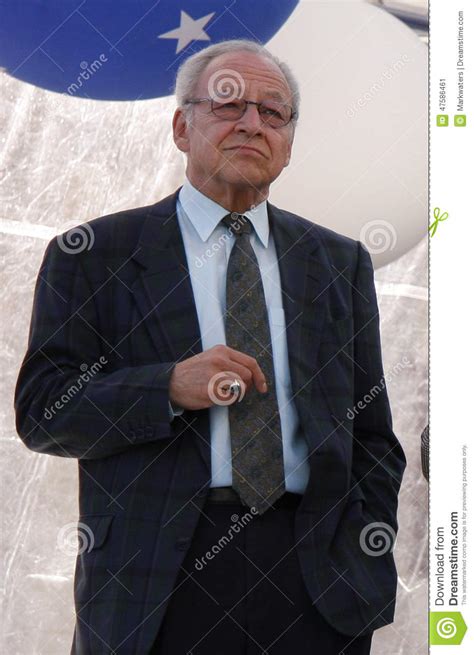A Quote by Sherwood Smith
Memory warps time, as it does the sights and sounds and smells of reality; for what shapes it is emotion, which can twist what seems clear, just as the surface of a pond seems to bend the stick thrust into the water.
Related Quotes
True perfection seems imperfect,
yet it is perfectly itself.
True fullness seems empty,
yet it is fully present.
True straightness seems crooked.
True wisdom seems foolish.
True art seems artless.
The Master allows things to happen.
She shapes events as they come.
She steps out of the way
and lets the Tao speak for itself.
My pieces usually are programmed on concerts in which the other works are standard repertoire. My music always sounds very different when it's on a concert of all contemporary music. It always seems to stick out at an odd angle. This also makes me think of a question I sometimes debate with my friends: does the music of a composer directly reflect that composer's personality? This is a difficult one, but I think it usually does.
And it is clear to Evan, now: the difference between what is and what has been done; the present and the past. He sees that what he does and who he is isn't based on the past unless he wants it to be... No. That is the past, which has been seen differently through many different eyes and has become hazy and unclear, like a pond when stirred with a stick. Only the present moment is clear and free from prejudice.
We've forgotten what it's like not to be able to reach the light switch. We've forgotten a lot of the monsters that seemed to livein our room at night. Nevertheless, those memories are still there, somewhere inside us, and can sometimes be brought to the surface by events, sights, sounds, or smells. Children, though, can never have grown-up feelings until they've been allowed to do the growing.
What does interest me is how difficult my culture seems to find it to look the dark side of life directly in the eye. It seems to me that if we look back at mediaeval culture, for example, we see a society which faces the reality of death and pain and limitation, because it has to. Our society, which is progressive and technological and seems to have a slightly fanatical utopian edge to it, gets very uncomfortable when anybody highlights the dark side of humanity, or the world we have built, or what we are doing to the rest of life on Earth.
In those same decades, most UFO sightings were made in the daytime and frequently at close range, when shapes and surface features could be distinguished, thus making positive identification of normal sights easier and the descriptions of unusual sights more detailed. When all normal explanations had been eliminated, the witnesses could concentrate on those aspects of the experience which were most abnormal.
